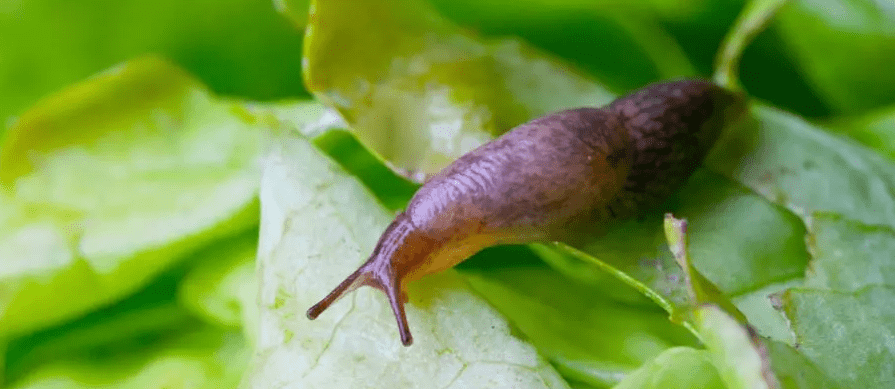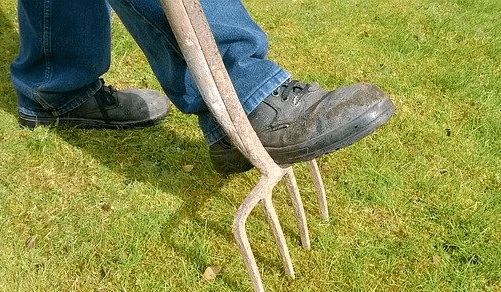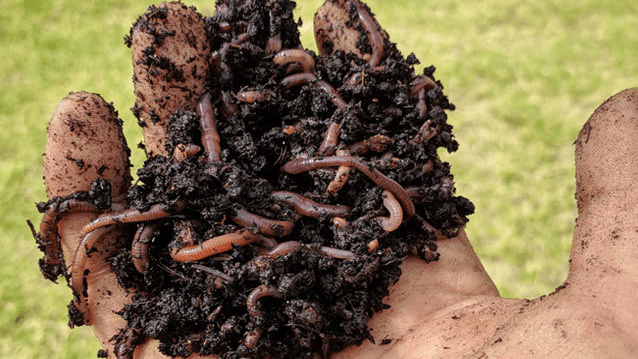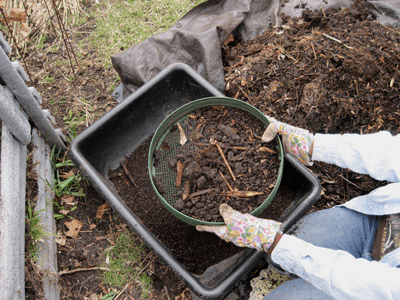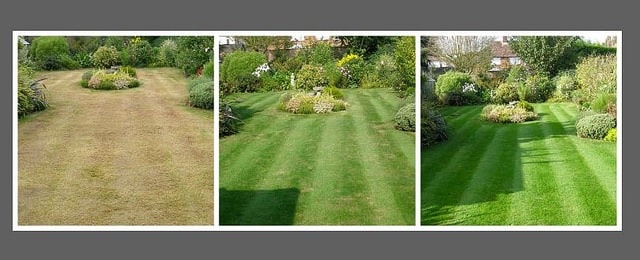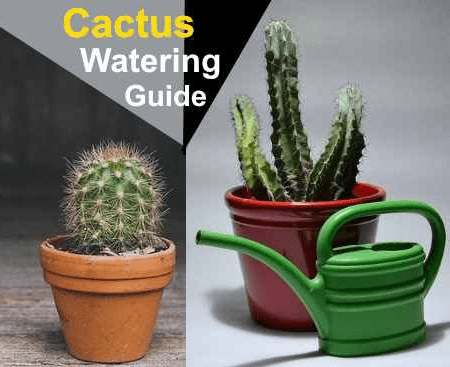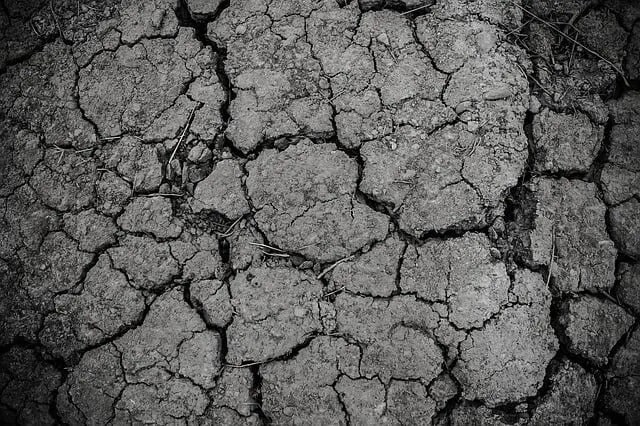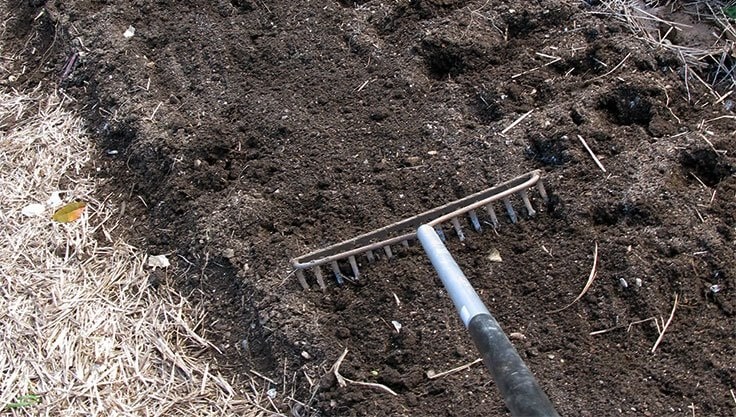The green fennel bulb enjoys great popularity in the home kitchen as a tea or vegetable. But when is the best time to harvest?
- Ready for harvesting approx. 12 weeks after planting
- best time to harvest depends on the size of the tuber
- storage succeeds in a box of sand or the vegetable compartment of the refrigerator
The harvest time of the fennel plant is about 12 weeks from planting.
- Planting in the bed: April to August.
- Direct sowing: April to July
Note: When sowing, the distance between each plant is important. The vegetable and spice tubers can only develop properly if the individual specimens have sufficient space.
Contents
Harvest fennel
The harvest time depends on the planting. After you have planted the fennel plants, you need to wait about three months. The bulb should have reached an appealing size and still be stout. After the fennel is stretched, it becomes fibrous and harder. Then the bulb can no longer be enjoyed.
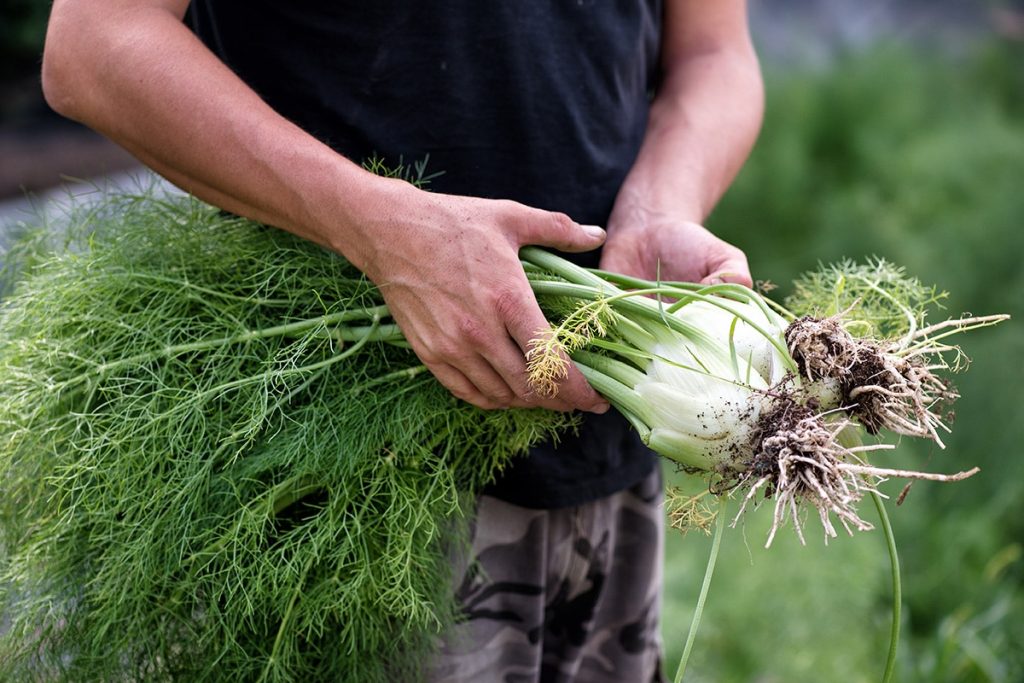
To harvest the fennel plants, take a sharp knife. Just above the ground, cut off the bulb. The root can simply remain in the ground.
Tip: If you leave the roots in the ground, this has a distinct advantage. Over time, new shoots will grow, which are ideal in a salad or soup.
Harvest seeds
Very popular are the seeds of fennel plants. To harvest them, you need to wait until midsummer. Then cut the herb on the bulbs and let them dry. Hanging the fennel plants has proven to be very effective. The seeds fall down and are convenient to collect.
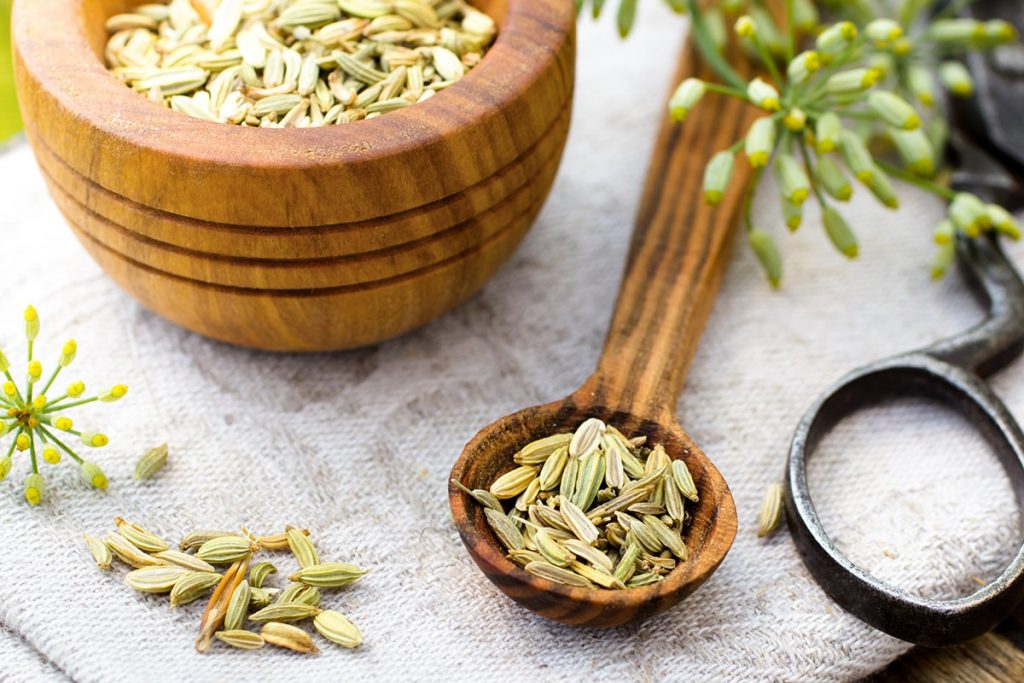
The varieties
Anyone who wants to grow fennel in the garden is spoiled for choice. Numerous varieties of fennel are available, which differ primarily in the harvest time. At the same time, there are bullet-resistant and non-bullet-resistant varieties. In our latitudes, the shoot-resistant fennel plants are the better choice. Finally, fennel is not suitable for year-round cultivation because it has little frost tolerance. To prevent your fennel plants from bolting during the warm months, choose bolt-resistant fennel plants.
Note: Shooting of fennel means the formation of inflorescences. This is when fennel plants become inedible.
Most new and resistant fennel varieties are suitable for early cultivation throughout the year. Usually the best time for harvesting is autumn:
- Caronte F1
- Fino
- Preludio
- Finale
- Perfection
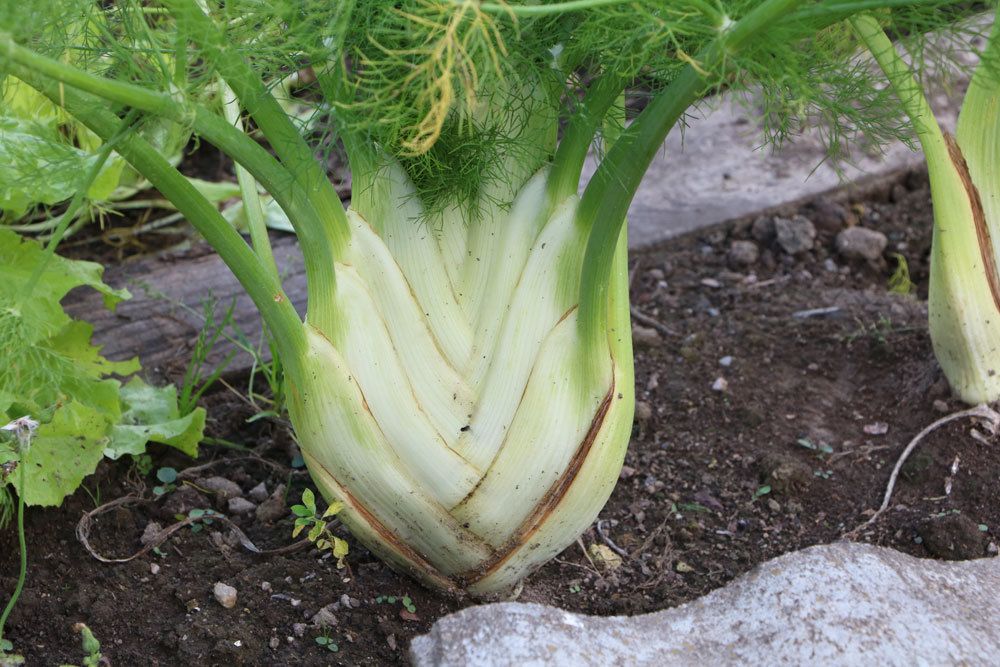
In addition, there are some long-established varieties of fennel, which are not so shoot-resistant. For example, the Doux de Florence is only suitable for cultivation in the fall. Roman fennel, on the other hand, is precocious, so harvesting is possible more quickly.
Tip: Cultivation and harvest time may differ depending on the variety of fennel. Consequently, you should select the vegetable plant according to this criteria as well.
Frequently asked questions
What soil conditions does the vegetable plant need?
Foeniculum vulgare does not have high requirements for soil conditions. The soil should be evenly moist. Special fertilization is not necessary. Preferably, regularly remove weeds from the vegetable bed.
What nutrients have vegetable and spice fennel?
The plant is ideal for a healthy diet. The different varieties of fennel contain large amounts of iron and folic acid. In addition, vitamins C, B1, A and E are found in the spice bulb. Thanks to the soothing effect on the stomach, the plant is also suitable for sensitive people.
What are the requirements for the location?
The location should be sunny and dry. With a permeable and humus loam soil amateur gardeners do not go wrong.


